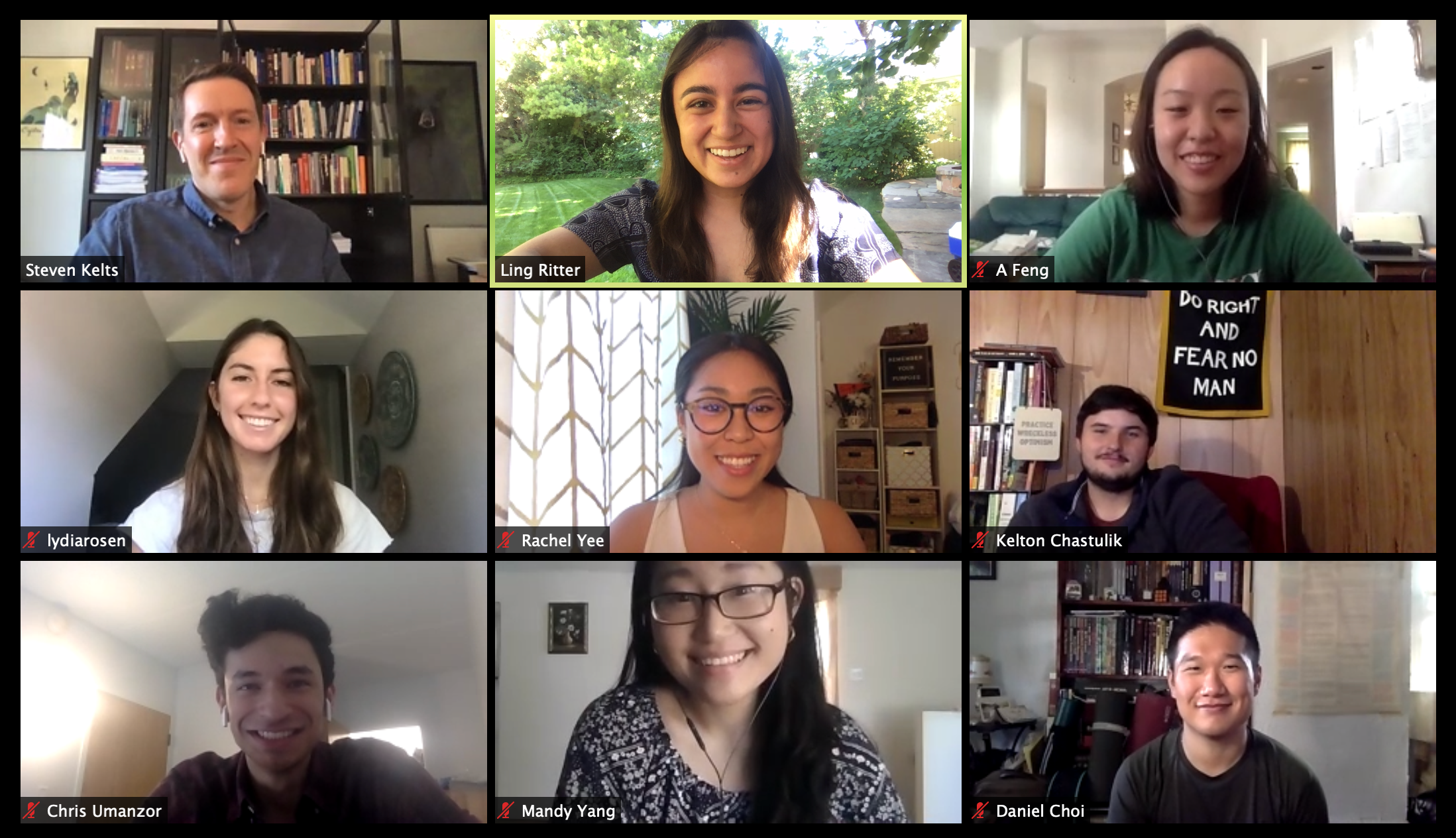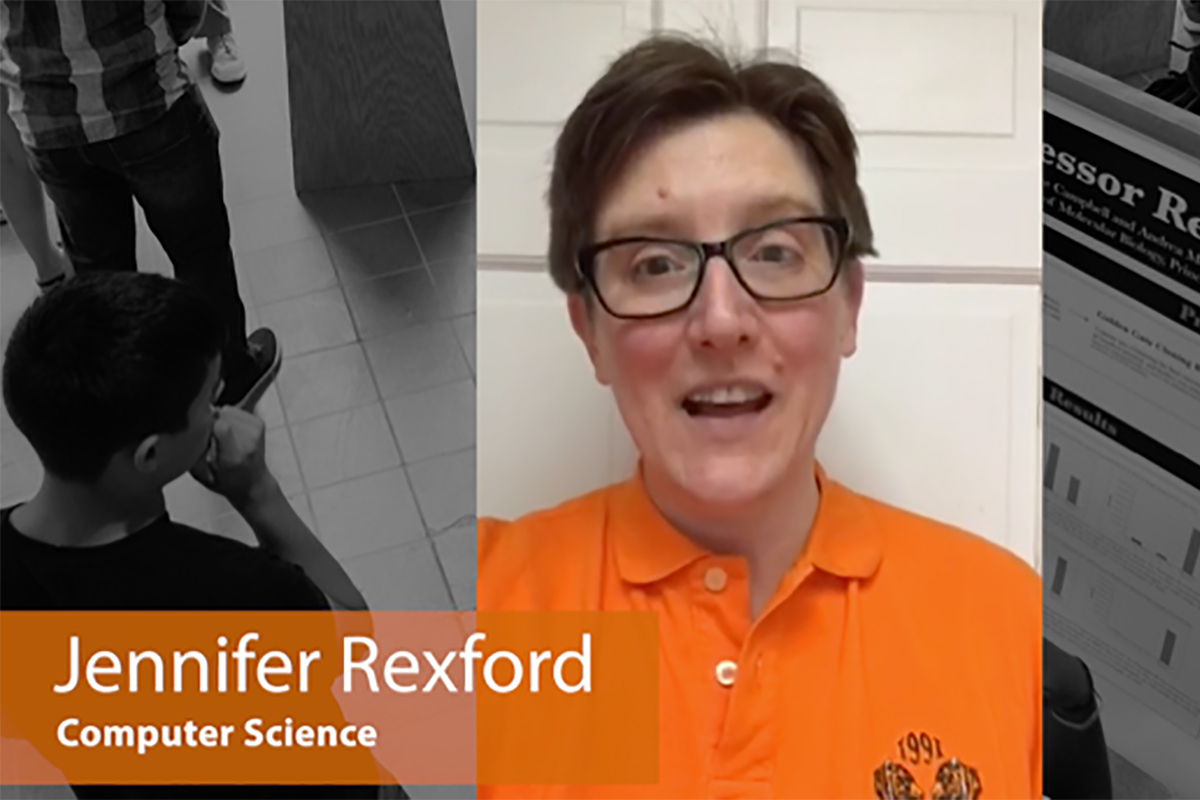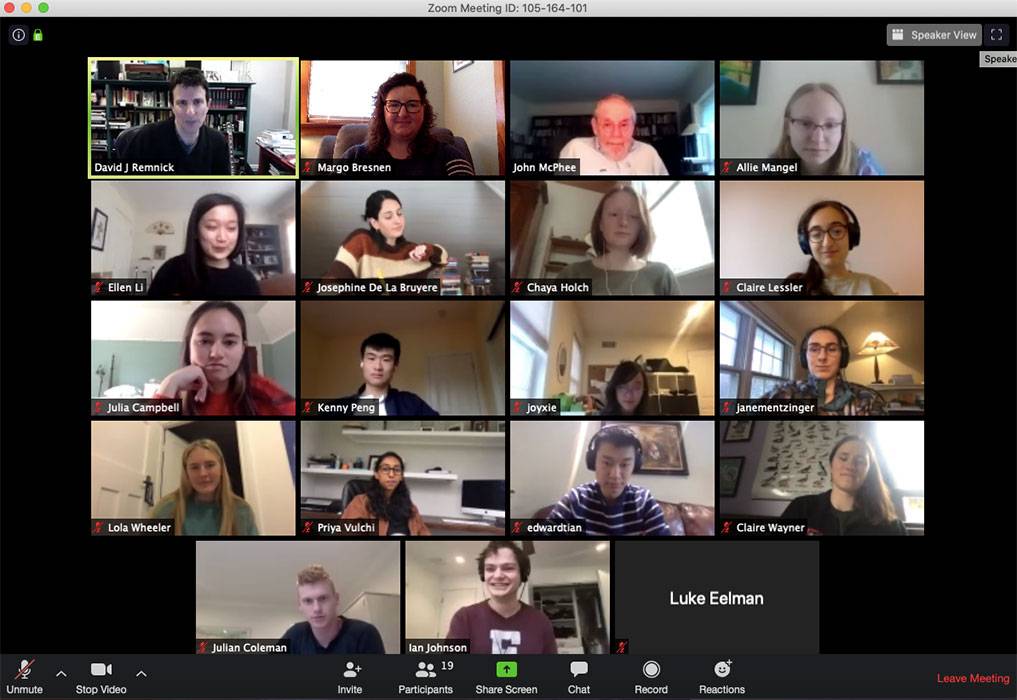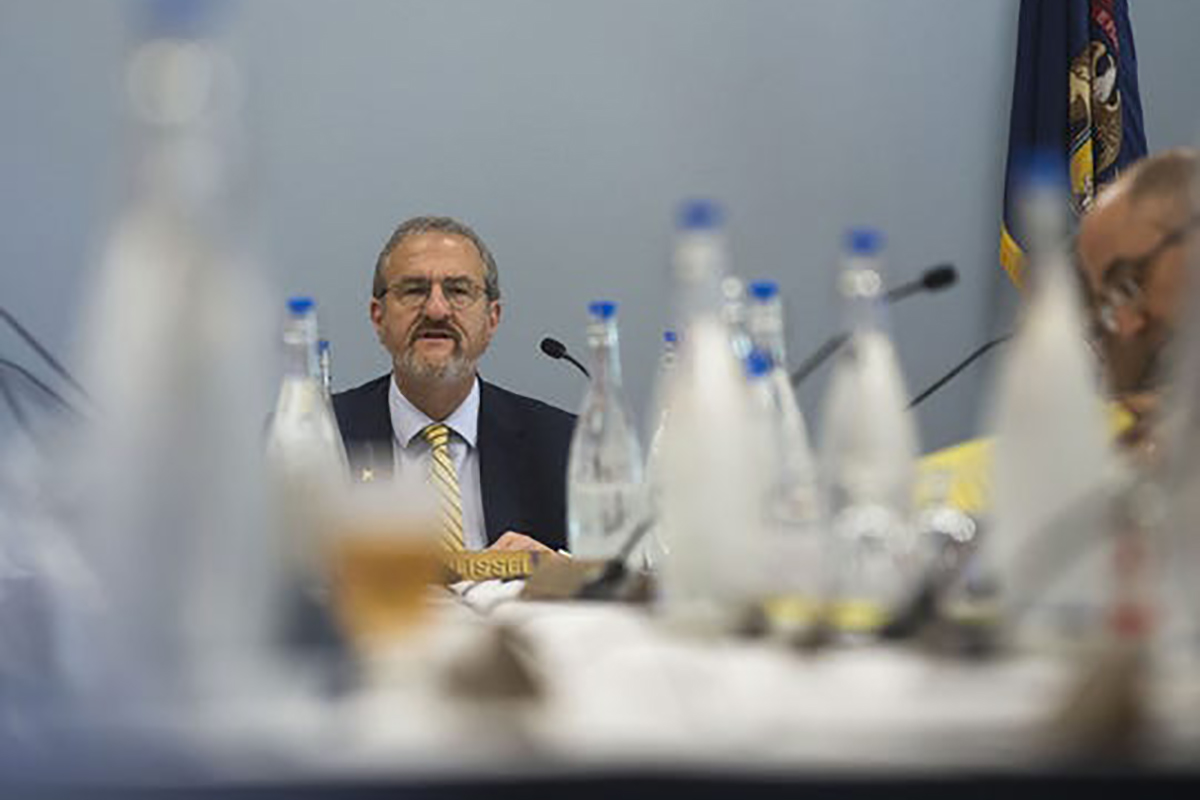
The effects of COVID-19 have been felt by every demographic, generation and age group, including high school students whose college plans were suddenly uprooted when the virus struck. Recognizing that an estimated one in five students is putting their college plans on hold — with a disproportionate number of those students from first-generation, low-income and underrepresented backgrounds — a group of alumni and Princeton faculty has joined forces to provide education and mentoring to students, allowing them to continue with their education and to build college-level skills.
“The impacts of COVID spread far beyond the realm of health, which is very important, with grave consequences becoming visible in areas such as education,” said Ling Ritter ’19, president of Kalos Academy, a nonprofit teaching and mentoring initiative launched this past summer. “The early data was staggering, with a skyrocketing trend of students dropping off from college this year, often deciding to defer or realizing that they needed to work to support their families. Education has intrinsic value, and earning a bachelor’s degree is also becoming increasingly important for upward mobility. We want to help students not only continue on the path to higher education, but also equip them with the skills that they need for success there and beyond.”
Ritter partnered with Princeton faculty member Steven Kelts, a Lecturer in the Department of Politics, whom she met after taking his Ethics and Public Policy class and who later became an informal advisor for her thesis. Kelts serves as the board chair of Kalos Academy, and has taken the lead on garnering faculty support by reaching out to his Princeton colleagues, many of whom at one time worked together in the University’s Writing Program. The group is working together to help develop the academic portion of the curriculum, which will initially cover topics such as critical writing, reading and thinking. The yearlong program will be followed by a capstone project that could potentially be a published article or a substantial project “that’s the result of their intellectual development over the course of that year,” Kelts said.
“We really want students to persist in their college goal,” Kelts continued. “While we want to ready them for the classroom, we’re really thinking more in terms of efficacy and agency. We are going to be doing real teaching, talking about real college topics. This is less about preparation and more about persistence. We want students to achieve success when they get to college, and so we are trying to keep students on a path toward higher education.”
With an upcoming launch in October, Kalos Academy will serve 50-100 students this academic year and is looking to recruit other Princeton Tigers to join a growing cohort of over 50 peer mentors and faculty committed to helping students thrive amidst these challenging times.
Interested Princeton faculty, students and alumni can contact Ling Ritter or info@kalosacademy.org to get involved. Learn more about the initiative by visiting Kalos Academy.




